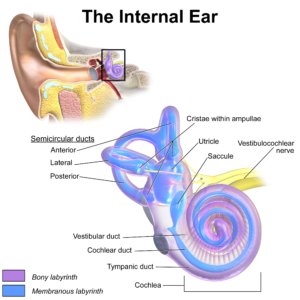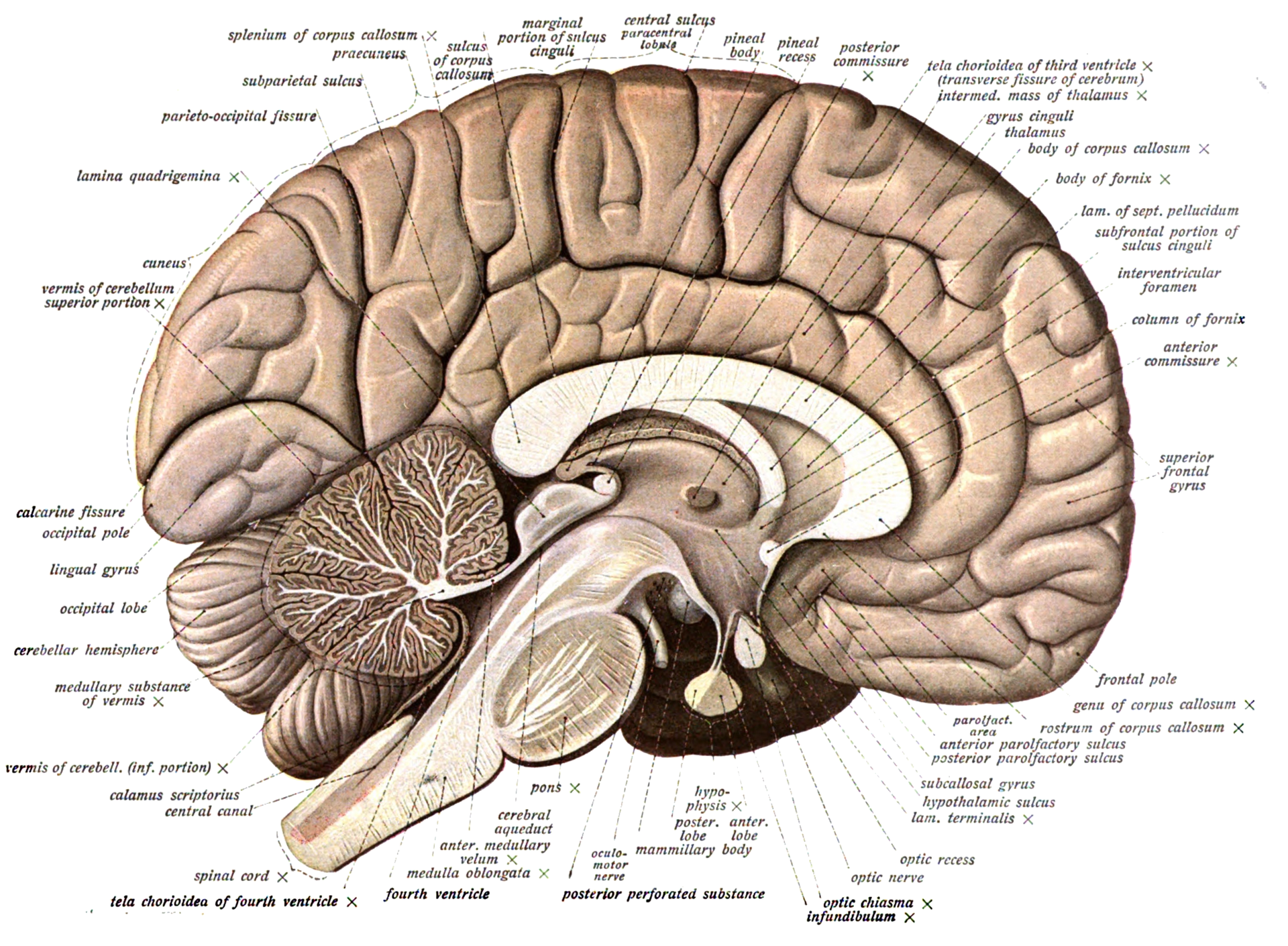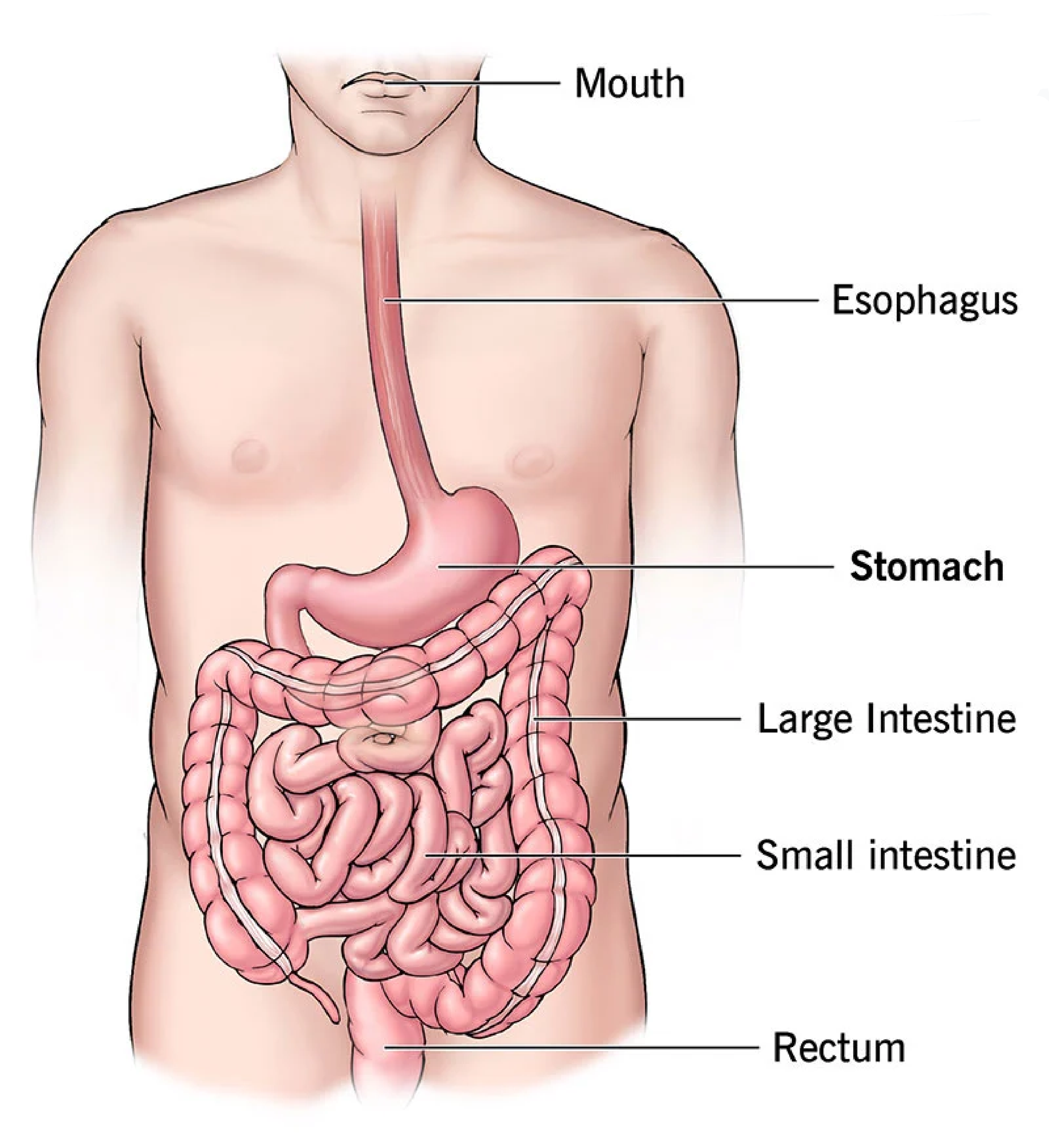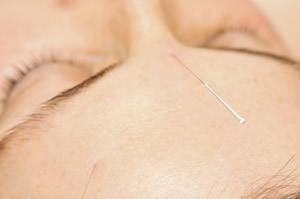Motion or “Travel” sickness can be an everyday occurrence, not limited to seasonal events like holidays as some would like to have you think.
CARS

BOATS

PLANES

TRAINS

The number who suffer?
It is known that approximately 90% of adults will suffer at some point and that children probably suffer the worst symptoms. It is also known that the elderly are also highly susceptible.
- The number who suffer 90%
This is not a national statistic – this is a figure that affects every population the world over.
How?
It is believed the “vomiting control centre is within the brain – but its exact location has still not been identified. The stomach clearly is involved but the messaging path is believed to start with the vestibular system.



Information on the physical act of being sick or “EMESIS”.
(Courtesy of Medscape / Medline)
Physiology of chemotherapy-induced emesis and antiemetic therapy.
Predictive models for evaluation of new compounds.
Drugs 1997 Feb;53(2):206-34
(ISSN: 0012-6667)
Veyrat-Follet C; Farinotti R; Palmer JL
Laboratoire GlaxoWellcome, Unite de Biocinetique, Evereux, France.
The physiology of emesis has been studied for several hundred years, focusing on the different centres involved and the mechanics of expulsion. The vomiting centre receives inputs from various emetic detectors such as the gut, the vestibular labyrinths and the chemoreceptor trigger zone. Emesis is a common disabling effect in motion sickness, postoperative conditions and in radio- and chemotherapy. Our current understanding of the mechanisms has been provided mainly by the recent introduction of serotonin 5-HT3 receptor antagonists into therapeutic use. Nevertheless, despite the considerable advances made in the understanding of the different pathways involved in emesis, there are number of areas that still require experimental investigation. Different animal and human models are available to study the physiology of emesis and to evaluate the antiemetic activity of new compounds, but they need to be predictors of clinical situations. Language: English
MEDLINE Indexing Date: 199706
Publication Type: JOURNAL ARTICLE; REVIEW (141 references); REVIEW, TUTORIAL
Unique NLM Identifier: 97180566
Journal Code: M
To see this review go to Medscape then select Medline and enter the following line in the
search by author field.
Veyrat-Follet C; Farinotti R; Palmer JL
(Courtesy of Medscape / Medline)
Maternal susceptibility to nausea and vomiting of pregnancy: is the vestibular system involved?
Am J Obstet Gynecol 2002 May;185 (5 Suppl Understanding):S204-9
(ISSN: 0002-9378)
Black FO
Legacy Clinical Research and Technology Center, Department of Neurotology Research, Portland, OR 97208-3950, USA.
Nausea and vomiting of pregnancy shares many characteristics with motion sickness, a vestibular dependent phenomenon. A number of physiologic changes that occur in normal pregnancy are also known to accompany nausea and vomiting in patients with motion sickness and certain vestibular disorders. This chapter summarizes some shared features of both phenomena. The unmasking of subclinical vestibular disorders may account for some cases of hyperemesis gravidarum. Hormonal effects on neurotransmitter function may also play a role in nausea and vomiting of pregnancy and in some vestibular disorders; however, the specific neural mechanisms of nausea and vomiting have not been identified. Until the neurochemical processes underlying these phenomena are understood, prevention and management will remain in the domain of astute, but so far limited, clinical observation.
Indexing Check Tags: Female; Human; Support, Non-U.S. Gov’t; Support, U.S. Gov’t, Non-P.H.S.; Support, U.S. Gov’t, P.H.S
Language: English
MEDLINE Indexing Date: 200206
Publication Type: Status: Completed
Publication Type: Journal Article
Grant ID: NIDCD 00205
PreMedline Identifier: 0012011887
Unique NLM Identifier: 22005552
Journal Code: AIM; IM; S
To see this review go to Medscape then select Medline, enter the following line in the search by author field. Black FO
North East Valley Division Of General Practise Victoria – Australia
While this authority has not tested our product there is strong synergy in how we both feel the processes of Emesis actually work. This is demonstrated in the following page – the contents of which we do not display as a respect for their copyright.
http://www.nevdgp.org.au/ginf2/murtagh/general/Travelsickness.htm (This link opens in a new window – it is not a popup)
About the writer:
JOHN MURTAGH … Patient Information Sheets. .. 1st Edition
Professor John Murtagh is executive director of education of the RACGP and adjunct professor in the department of community medicine and general practice at Monash University.
Provided by the Courtesy of Servier
LOCAL Pharmacy Opinions
Local pharmacists in the UK offer advice on a variety of products and they have been supplied information covering our products as we featured in Pharmacy Magazine and Pharmacy Products Review in June and July 2001.
They can also offer leaflets on the subject of Vomiting. The following leaflet can be obtained at a pharmacy displaying Unichem Community Pharmacy information.
Sickness – Upset Stomach Information Leaflet.
Common Causes of Vomiting:
The most common reason for vomiting is reflex vomiting due to conditions such as stomach inflammation (gastritis), stomach ulcer and a narrowing at the stomach’s exit, called pyloric stenosis. Other conditions that produce vomiting include appendicitis, bowel obstruction and pain from kidney or gallstones. Certain drugs such as aspirin or ibuprofen may also cause stomach irritation and vomiting in susceptible people. Motion sickness and Ménière’s Syndrome – which affects a part of the ear known as the vestibular part – are two other well known causes of sickness and vomiting. Vomiting can also be a feature of many serious illnesses including various brain lesions caused by infection or swelling. It is also common symptom of migraine and is also associated with psychological conditions such as hysteria, anxiety and nervous tension.
When it comes to believing what to do about your symptoms, which camp do you follow?
Authoritative source recommendations
- Depends on who you call an “Authority”
- Treatment very often involves drugs of some sort
- Your GP
- Your Consultant
Old wives tales or passed on
- A relative or friend recommends
- Ginger or ginger biscuits
- Lemonade and or sweet drinks
- “Grandma says”
- Herbal remedies?
- Homeopathy?
What you take or use to help deal with your symptoms is ultimately your choice – but we recommend you seek professional medical advice from your own GP / consultant or your regular medical practitioner before taking or using any anti-nausea drugs.






